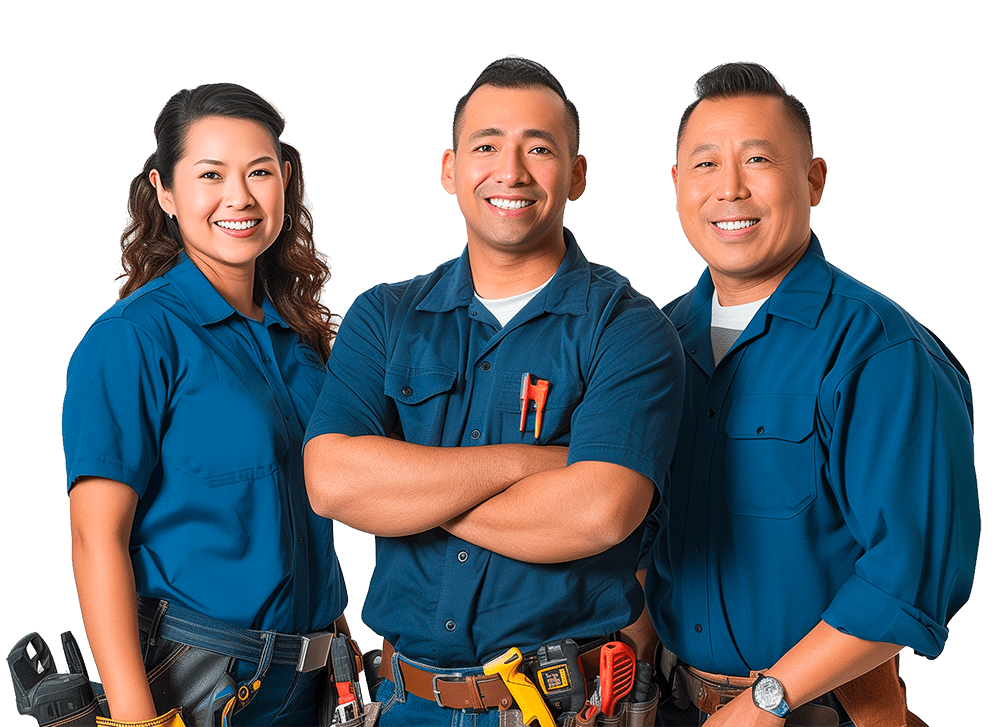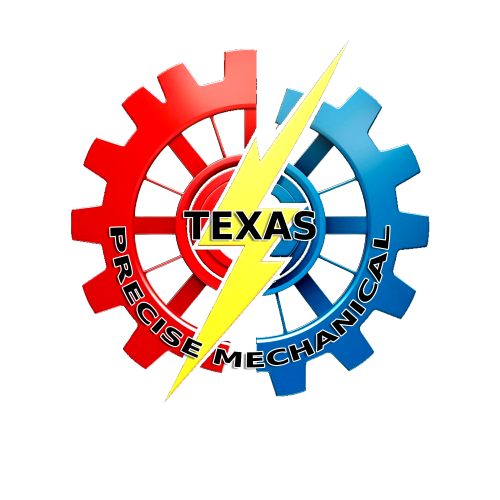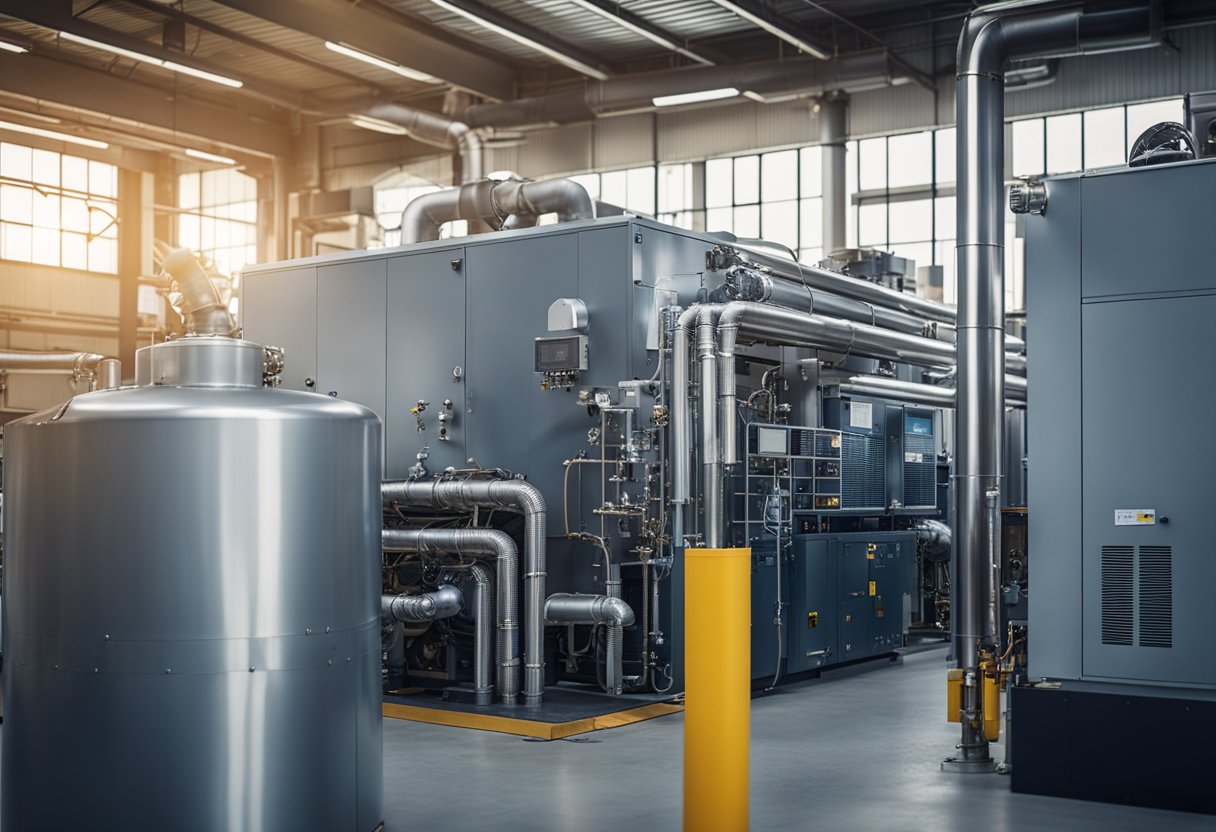Commercial Equipment Tune-Ups: Maximizing Performance and Efficiency
Commercial HVAC systems play a pivotal role in ensuring the comfort and safety of a building’s occupants. Regular maintenance is crucial for the system’s optimal performance, energy efficiency, and longevity. It is an essential routine that offers substantial benefits over the long term.
Reducing Energy Bills and Enhancing Efficiency
Energy Efficiency: Regular maintenance of a commercial HVAC system can lead to significant energy savings. A well-maintained system operates more efficiently, using less energy to achieve the desired indoor temperature. For instance, cleaning or replacing air filters regularly can improve airflow and reduce energy consumption by up to 15%.
- Cost Savings: Efficient systems are not only better for the environment but also for the bottom line. Properly maintained units can substantially decrease annual energy bills. As systems run smoothly with regular tune-ups, they require less power, translating to cost savings for the property.
Preventing Unexpected Breakdowns and Extending Equipment Lifespan
Preventive Care: One of the primary advantages of routine HVAC maintenance is the prevention of unexpected system failures. Identifying and addressing minor issues before they escalate can avoid inconvenient and often costly repairs.
- Lifespan Extension: Ensuring that HVAC components are regularly inspected and serviced can also extend the overall lifespan of the equipment. Components such as belts and bearings require periodic checks to prevent wear and tear that can lead to premature system failure.
Improving Indoor Air Quality
Health Benefits: Commercial HVAC systems are responsible for more than temperature control; they significantly affect indoor air quality. Regular maintenance ensures that the system effectively removes contaminants such as dust, allergens, and bacteria from the air.
- Occupant Comfort: A clean and well-maintained HVAC unit not only protects the health of those inside the building but also enhances occupant comfort. This is particularly important in commercial settings where the well-being of numerous employees and customers is a priority. Implementing regular inspections and tune-ups helps maintain a consistent and healthy indoor environment.
Comprehensive Commercial HVAC Tune-Up Checklist
A comprehensive commercial HVAC tune-up targets critical components of the system to ensure optimal performance and maintain a comfortable temperature in a commercial space. The checklist involves routine cleaning, inspection, and adjustments.
Inspecting and Cleaning Key Components
Regular inspection and cleaning of evaporator coils and blower motors are vital for efficient system operation. Dust and debris can hinder their performance, so cleaning them helps maintain airflow and heat exchange efficiency. Air filters also need to be checked during the tune-up; replacing or cleaning them is crucial for maintaining air quality and preventing airflow restrictions.
Evaluating System Performance and Comfort Levels
The tune-up should assess how well the HVAC system maintains a comfortable temperature. This includes verifying thermostat settings and ensuring they align with the desired performance. Technicians also measure airflow rates and temperature differentials to determine if the system is heating and cooling efficiently, addressing any variances to optimize commercial HVAC maintenance and performance.
Checking Refrigerant Levels and Electrical Connections
Inspecting the refrigerant charge is a part of the tune-up that cannot be overlooked, as incorrect levels can dramatically reduce efficiency. Secure and proper electrical connections are essential, as loose or corroded connections can lead to unsafe operation or equipment failure. During a commercial HVAC tune-up, testing and tightening connections and inspecting wiring are best practices to ensure the system runs reliably.
Identifying and Addressing HVAC Issues
Proper maintenance of HVAC equipment is critical to preventing business interruption and ensuring efficient operation. This involves routine checks on components such as air filters and refrigerant levels as well as identifying refrigerant leaks and electrical problems that could lead to system failures.
Monitoring and Replacing Air Filters
Air filters play a pivotal role in maintaining indoor air quality and protecting HVAC components from dust and debris. It’s recommended that businesses have a maintenance service conduct periodic checks to monitor the condition of these filters. Filters should be replaced according to the manufacturer’s guidelines or more frequently in high-traffic areas. Clogged or dirty air filters can lead to inefficiencies and increased energy costs.
Identifying Refrigerant Leaks and Electrical Problems
Refrigerant leaks are a serious issue that can cause HVAC systems to underperform and can be harmful to the environment. Technicians should check refrigerant levels during routine maintenance to ensure optimal performance. Electrical problems in HVAC systems can cause intermittent operation and complete breakdowns. It is essential that electrical connections, wirings, and controls are inspected systematically to identify and rectify any potential issues early on.
The Role of Professional HVAC Contractors
Professional HVAC contractors are integral for ensuring that commercial heating, ventilation, and air conditioning systems operate efficiently and reliably. These experts deliver comprehensive services that span from regular maintenance to emergency repairs, which are critical for the longevity and performance of commercial HVAC systems.
Offering Specialized Maintenance Services
HVAC contractors provide specialized maintenance services tailored to commercial systems. This specialized attention is a cornerstone of effective HVAC maintenance programs. Maintenance services often include:
- System Inspections: Thorough examination of all HVAC components to identify potential issues.
- Cleaning and Adjustments: Cleaning of essential parts such as coils and filters, and calibration of thermostatic controls to ensure optimal operation.
- Efficiency Assessments: Evaluation of the system’s energy efficiency and recommendations for improvement.
Contractors may also implement a maintenance schedule that aligns with the unique demands of a commercial environment, ensuring that servicing occurs with minimal disruption to daily operations.
Providing Priority Service and Emergency Repairs
A professional HVAC contractor offers priority service options to their clients, allowing for prompt responses to urgent issues. Priority service may include:
- 24/7 Emergency Response: Rapid deployment of technicians for urgent AC repair or heating system failures.
- Dedicated Support: Access to a dedicated team familiar with the client’s specific HVAC system.
- Tailored Solutions: Addressing complex challenges unique to commercial HVAC service needs.
Moreover, in the event of sudden breakdowns, HVAC contractors are equipped to deliver emergency repairs to restore functionality and comfort swiftly. This rapid service is essential for businesses that depend on a consistent climate for operational stability and customer satisfaction.
[trustindex no-registration=google]
How can we help you today?
Our team is standing by and ready to help.
Text To Request Service Schedule Today: (281) 898-3773

